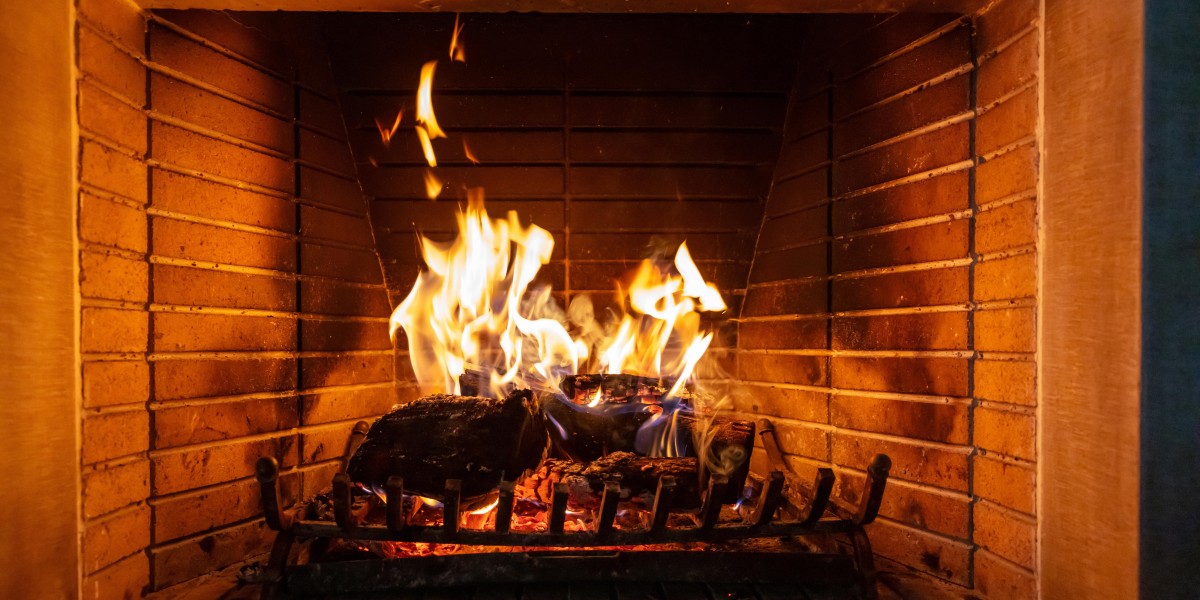
The Benefits and Design Considerations of a Kitchen with a Built-In Oven
In modern kitchen style, built-in ovens have become a prominent function, offering both performance and aesthetics that deal with modern lifestyles. This short article looks into the benefits of incorporating a built-in oven into the kitchen area and highlights important design considerations to guarantee a cohesive and useful kitchen environment.
Comprehending Built-In Ovens
Built-in ovens are created to be perfectly integrated into kitchen cabinets, which differentiates them from conventional freestanding ovens. These appliances come in various setups, consisting of single-wall ovens, double-wall ovens, and even microwave ovens that share the very same integrated cookers cabinet space.

Typical Types of Built-In Ovens
| Type | Description | Ideal Use |
|---|---|---|
| Single Wall Oven | A basic oven with one compartment for baking and roasting. | Little kitchen areas or daily baking. |
| Double Wall Oven | Two different oven compartments enabling synchronised cooking. | Large families or frequent bakers. |
| Mix Oven | A microwave and standard oven in one unit. | Quick meals and versatile cooking choices. |
| Steam Oven | An oven designed particularly for steam cooking. | Health-focused cooking and elaborate recipes. |
Benefits of Built-In Ovens
The appeal of built-in ovens can be credited to several crucial benefits, including:
1. Space Efficiency
Built-in ovens are developed to fit within existing cabinetry, freeing up valuable floor space. This function is especially beneficial in smaller kitchen areas, where every square foot counts.
2. Streamlined Appearance
The seamless integration of a built-in oven creates a refined look in the kitchen. Readily available in numerous finishes, Baridi 60cm Built-In Fan Oven - 55L Capacity ovens can match or match kitchen cabinetry, providing a modern-day and unified design aesthetic.
3. Boosted Functionality
Built-in ovens typically provide sophisticated features, such as wise innovation, several cooking modes, and even self-cleaning options. This can enhance cooking experiences and enhance the effectiveness of meal preparation.
4. Enhanced Accessibility
With proper installation of a built-in oven, users can increase accessibility, avoiding the need to flex over to reach a lower oven compartment. Eye-level cooking appliances allow cooks to monitor their meals easily and minimize the risk of burns from flexing down to examine a baking item.
5. Energy Efficiency
Numerous modern built-in ovens use innovative cooking innovation that can lead to lower energy intake. Features like convection cooking can reduce cooking times while ensuring even heating, ultimately saving energy.
Style Considerations for a Kitchen with Built-In Ovens
While built-in ovens use numerous advantages, careful factor to consider in the design stage is vital to maximize their benefits and integrate them effectively into the kitchen design. Here are some crucial factors to consider:
1. Cabinet Configuration
When preparing for a built-in oven, house owners need to thoroughly consider cabinet layouts and configurations. Appropriate ventilation is crucial for proper operation. It's vital to leave enough space for airflow, which can differ depending on the oven model.
2. Height Preference
The installation height of the oven ought to be figured out based on the primary users. A built-in oven located at eye level can make it easier to use, especially for those who frequently prepare.
3. Complementary Appliances
In a kitchen setting, built-in ovens typically match other built-in appliances such as microwave ovens and warming drawers. Choosing appliances that work well together can further improve the kitchen's design.
4. Visual Choices
Selecting finishes and colors that balance with the overall kitchen style is crucial. Built-in ovens are available in different alternatives, including stainless steel, Cookology 60cm Black Built-in Electric Oven, and even customized cabinet ends up that can disappear seamlessly into the cabinets.
5. Budget plan Considerations
Built-in ovens can range substantially in cost, from economical options to high-end models filled with functions. It's vital to set a sensible spending plan that allows for the wanted requirements without compromising the general kitchen restoration.
FAQs
1. What is the difference in between a built-in oven and a freestanding oven?
Built-in ovens are integrated into kitchen cabinetry and offer a seamless appearance, while freestanding ovens are standalone systems that can be moved quickly.
2. Do built-in ovens require professional installation?
Yes, built-in ovens typically need professional setup due to their integration with cabinets and electrical requirements.
3. Are built-in ovens more expensive than conventional ovens?
In general, built-in ovens can be more expensive due to their installation procedure and advanced features, but there are lots of choices readily available to fit varying spending plans.
4. How do I maintain a built-in oven?
Regular cleaning and maintenance, such as using the self-clean function, checking seals, and guaranteeing appropriate ventilation, are vital for keeping a built-in oven.
5. Can built-in ovens be used in smaller cooking areas?
Yes, built-in ovens can be helpful in smaller cooking areas because they optimize area performance and can be set up at eye level for benefit.
Incorporating a built-in oven into a kitchen style is an exceptional choice for boosting functionality and aesthetics. By considering the style suggestions and benefits talked about in this post, house owners can produce a harmonious Kitchen With Built In Oven area that caters to their cooking needs while looking stylish and elegant. Whether renovating an existing kitchen or developing a new one, built-in ovens provide a level of sophistication and usefulness that lines up effortlessly with modern-day cooking practices.







